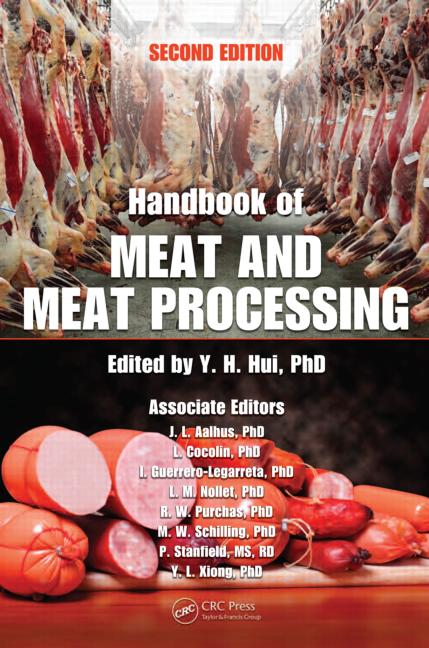red24assist, a part of red24 plc, is pleased to announce the release of its latest Gap Analysis Tool (GAT). This simple?to?use online tool will help food companies determine their gaps and highlight areas that have the highest vulnerabilities. The GAT tool also enables food companies to assess compliance to global regulatory requirements. Areas covered in the gap analysis framework have been selected in accordance with current food industry best practices. red24assist’s GAT tool is intended to serve as a reference document for companies developing food safety programs and/or to evaluate their supplier compliance requirements with these standards.
Paula Piontek, red24assist’s Executive Vice President – the Americas, says ‘We believe this tool will serve as a standard for companies and their suppliers. Today, there is a huge focus on sustainability and transparency within food companies; this tool provides that insight and helps prepare companies for the latest Food Safety Modernization Act (FSMA) regulations.’
The GAT tool is comprised of 110 questions that cover 16 areas of current food industry standards. A report is produced and emailed after the questionnaire is completed. The report indicates the company’s level of vulnerability in each section. red24assist services are aimed at helping companies reduce these vulnerabilities. All services offered are listed at the bottom of the report.
red24assist’s Head of Food Safety, Eric Smith, says, ‘The GAT tool works by allowing food suppliers a way to compare their internal processes to industry standards. red24assist’s Gap Analysis Tool offers an ideal opportunity for food businesses to benchmark their performance and identify areas where support, advice and guidance may be appropriate. ’
The GAT tool is available now. More information on the tool can be found on red24assist’s website (www.red24assist.com/gap?analysis?tool?gat).
Clients of red24assist receive crisis management assistance with food and non?food recall services, malicious product tampering and extortion. They also may obtain food safety training, health and safety training, HACCP training and review, review of product recall plans, audits to third?party accreditation, verification of suppliers, and on?site visits to assist with product recalls.






